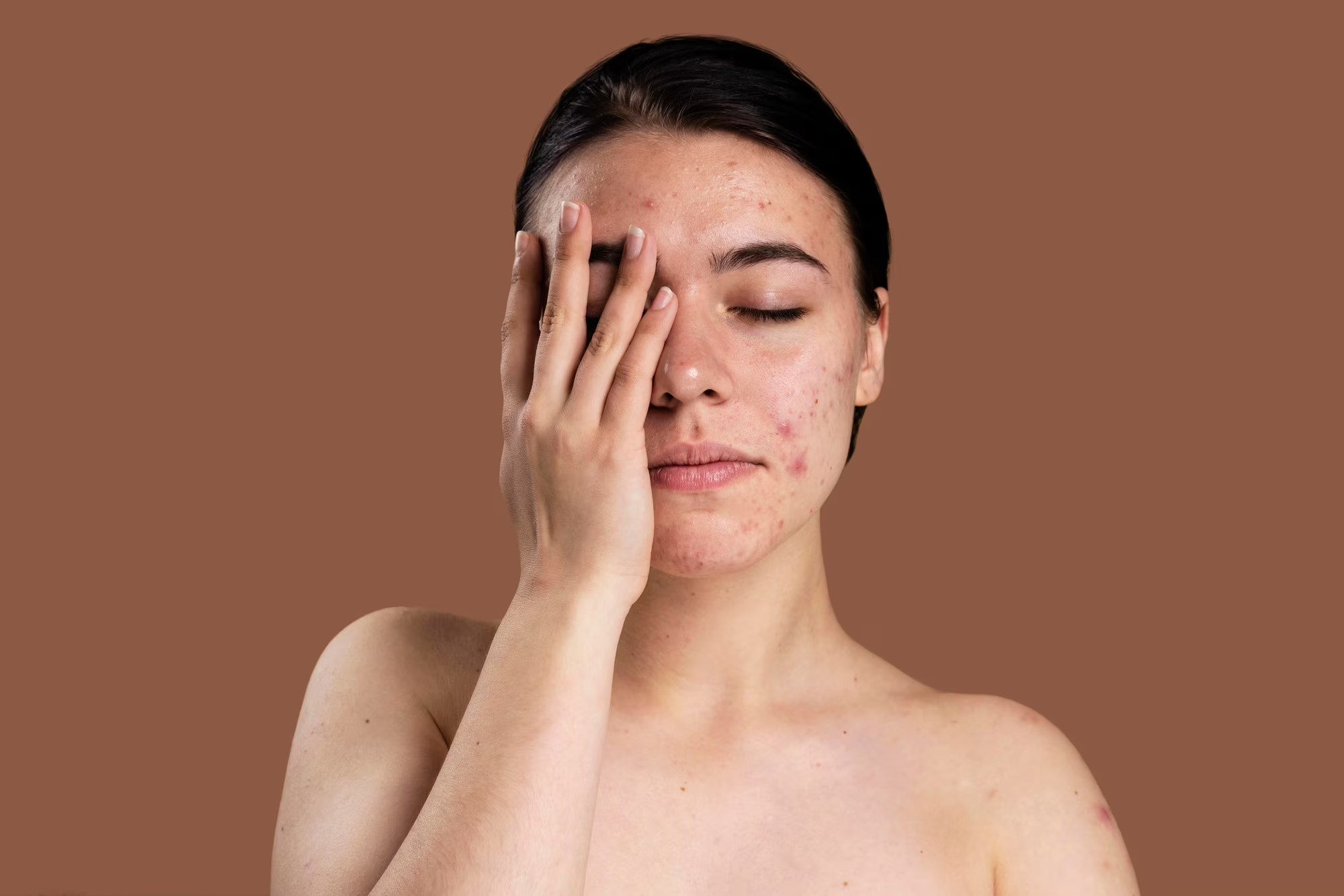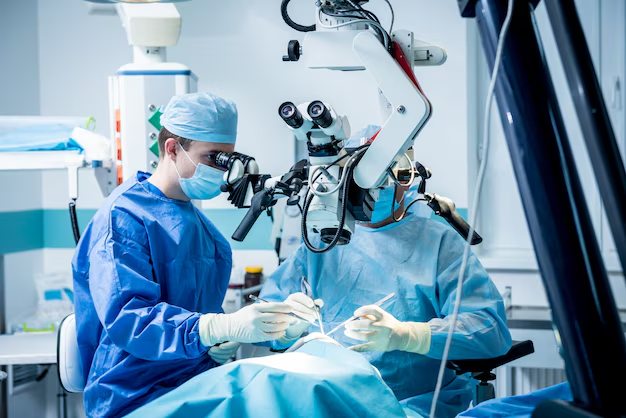What Are Acne Scarring Treatments
Acne scarring occurs due to the skin’s natural healing process following inflammation or damage caused by acne breakouts. As the skin heals, it may produce too much or too little collagen, forming scars. When acne lesions, such as pimples, cysts, or nodules, become inflamed or infected, they can damage the skin tissue and collagen.
There are several types of acne scars:
- Atrophic scars: These scars are more common and result from a loss of collagen during the healing process. They appear as shallow depressions or indentations on the surface of the skin.
- Hypertrophic scars: These scars are raised and result from an overproduction of collagen during the healing process. Hypertrophic scars typically develop on the chest, back, and shoulders but can also occur on the face.


Beard And Mustache Transplant Techniques
- Keloid scars: Keloid scars are similar to hypertrophic scars but are larger. These raised scars are thicker and may extend beyond the boundaries of the original acne lesion. They are caused by excessive collagen production and can continue to grow over time.
Acne scarring can cause significant emotional distress and impact a person’s self-esteem. Various treatments are available to improve the appearance of acne scars, including:
- Topical treatments and skin care.
- Chemical peels and laser resurfacing therapy.
- Dermabrasion, micro-needling, and surgical procedures.
- Acne scarring treatment choice depends on the type and severity of the scars. Individual factors are key factors as well, such as skin type and overall skin health.
It is essential to consult with a dermatologist or healthcare professional to determine the most appropriate treatment for your situation.
How To Treat Acne Scars
There are several treatment options available to improve the appearance of acne scars. Treating acne scars depends on the type and severity of the scarring. Individual factors also matter, such as skin type and overall skin health. It is essential to consult with a dermatologist or healthcare professional to determine the most appropriate treatment for your situation. Some common treatments for acne scars include:
- Topical treatments: Some treatments can help improve the appearance of mild acne scars. This happens by promoting skin cell turnover and collagen production, such as,
- Over-the-counter or prescription creams.
- Gels and ointments containing retinoids.
- Alpha hydroxy acids (AHAs) or azelaic acid.
- Chemical peels: A chemical peel involves applying a chemical solution to the skin to remove the rolling scars and dead skin. This treatment causes the top layers to peel off. This process can help reduce the appearance of shallow acne scars and improve skin texture. Multiple treatments may be needed for optimal results.
- Microneedling: Microneedling is also known as collagen induction therapy. Micro-needling involves using a device with small needles to create tiny punctures in the skin. This process stimulates the skin’s natural healing response and collagen production, helping to improve the appearance of acne scars. Medical devices, such as Scarlet X and Revlite SI, can be used in acne scar treatments. Multiple treatments are typically needed for the best results.
- Laser therapy: Lasers can target the skin at various depths to stimulate collagen production; therefore, it’s ideal for ice-pick scars. It promotes skin cell turnover and improves the appearance of acne scars. There are different types of laser therapy, including…
- Non-ablative – which does not remove the top layer of skin.
- Ablative – which removes the top layer of skin), and the choice depends on the type and severity of the scarring.
- Fillers: Injectable dermal fillers, such as hyaluronic acid, can raise atrophic scars and temporarily improve their appearance. Fillers typically need to be repeated every few months to maintain the results.
It is important to note that treating acne scars can be a gradual process, and patience is required. Additionally, it is essential to manage active acne to prevent further scarring. Consult a dermatologist or healthcare professional to avoid all side effects. And develop an appropriate acne treatment plan to complement your scar treatment efforts.













